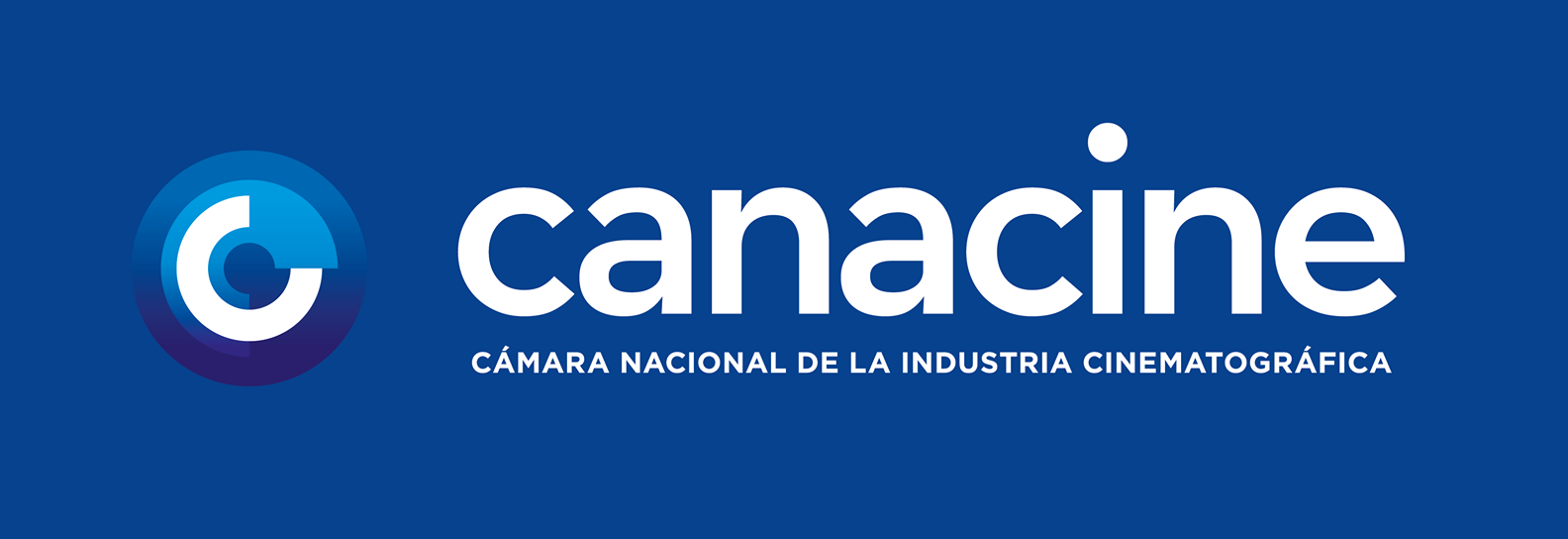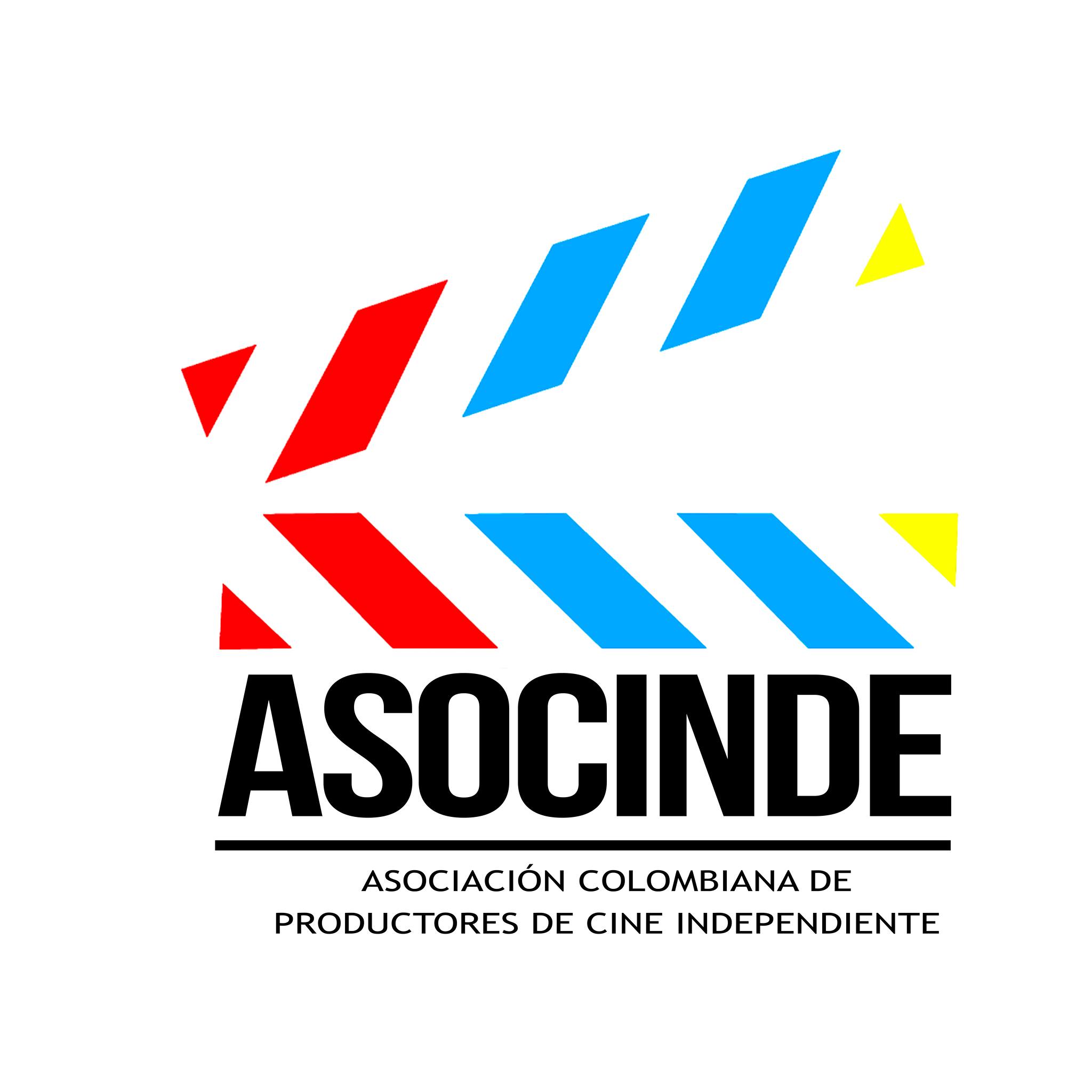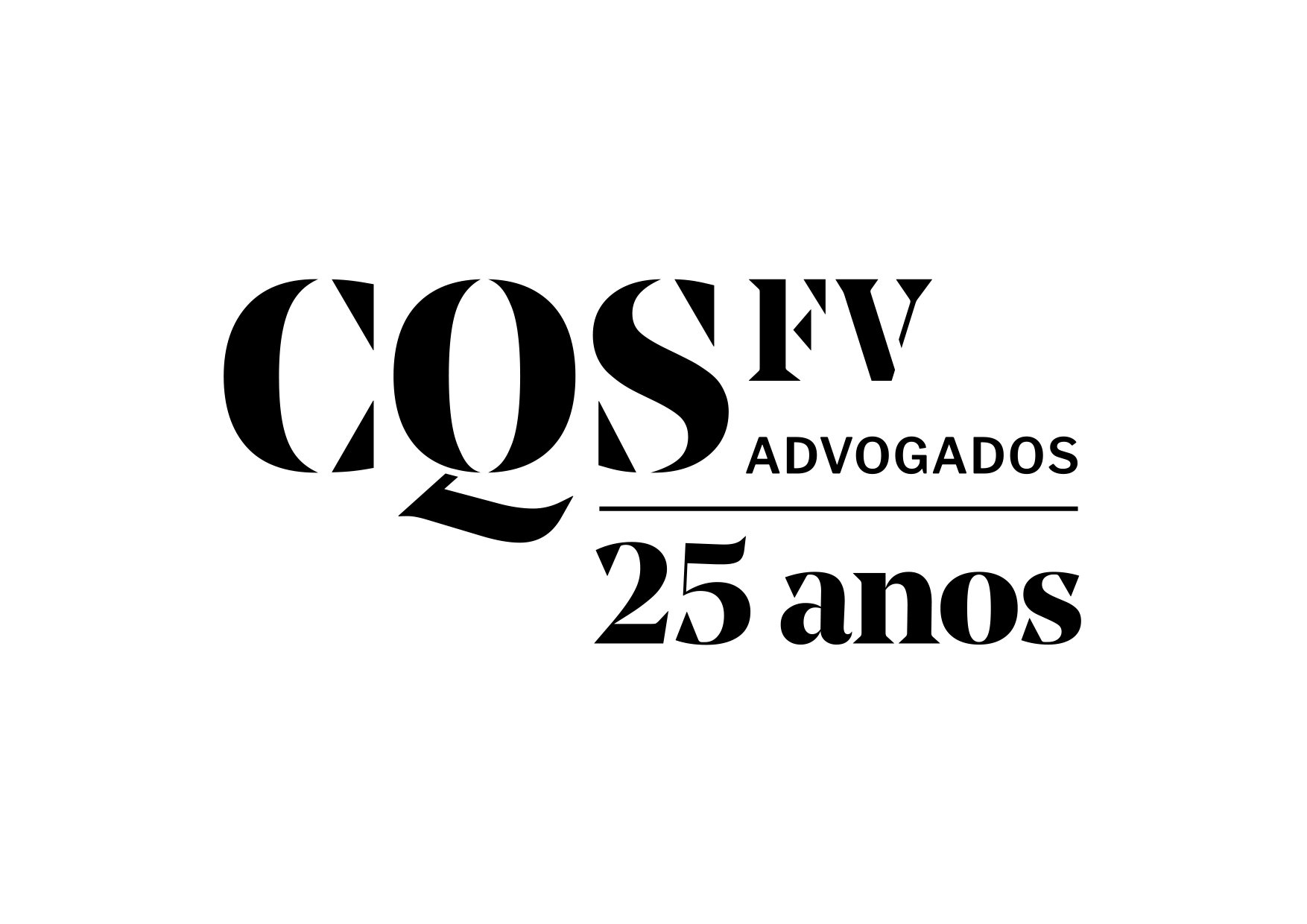In his new article published on December 22 in the “Revista de Cinema,” Steve Solot, President of Latin American Training Center-LATC and Executive Director of the Brazilian Film Commission Network-REBRAFIC, comments the impacts of piracy in the audiovisual sector and highlights how film commissions can support the battle against it.
“Every new film, TV series or commercial stimulates job creation, economic development and the creative industry in their filming locations, but also requires high-risk investments, with no guarantee of success. Thus, the protection of the intellectual property underlying each work is essential,” says Solot.
Film Commissions and Intellectual Property Protection
By Steve Solot
Film commissions, offices which support audiovisual content production, are an integral part of the film and television industry. Situated at the beginning of the chain of production, film commissions offer logistical support services for producers, including identification of appropriate locations and facilitation of filming permits for all formats of audiovisual content.
Every new film, TV series or commercial stimulates job creation, economic development and the creative industry in their filming locations, but also requires high-risk investments, with no guarantee of success. Thus, the protection of the intellectual property underlying each work is essential.
The intellectual property and creative use protected by copyright, which are the basis of audiovisual works, are threatened by unauthorized use, i.e., piracy, and the impact of piracy in Brazil is shocking:
- Brazil loses estimated tax receipts of R$130 billion per year due to piracy, smuggling and illicit sales, according to a study by the Motion Picture Association (MPA) of Brazil;
- Losses in Brazil attributed solely to piracy of films and TV series are approximately R$720 million per year;
- The Brazilian audiovisual industry as a whole loses R$2 billion and 58,000 jobs per year;
- Pirate revenue generated by the illegal commercialization of pirated films and TV series is approximately R$3.6billion per year, according to the MPA study;
- The study shows that the principal pirate sites for films and TV series were accessed 1.7 billion times between December, 2015 and May, 2016;
- The above number of accesses is eight times greater than the number of legal access of Netflix in the same period;
- The Brazilian Pay-TV Association (ABTA) estimates that 100,000 jobs are at risk due to piracy;
- Today Brazil has approximately 4 million pirate pay-TV subscribers, which generate an estimated R$6 billion loss per year;
The negative impact of piracy on the content creation industry goes beyond lost income. Piracy results in the loss of investment capacity, harming producers of new content and “on-location” filming, which in turn directly affects film commissions.
How can film commissions support the protection of intellectual property and the battle against piracy of audiovisual content? One of the most important actions taken against piracy by a film commission is by the New Zealand Film Commission (NZFC). In October, 2015 the NZFC announced its “Anti-piracy Guidelines for Producers” which establish strict rules for the use of screeners by employing watermarks, and which must be used in the post-production of all feature films financed by the NZFC.
In Brazil, film commissions can contribute to efforts to reduce piracy in the following ways:
- Support approval of legislative bills which allow blocking of sites that offer pirate content;
- Together with producers, support awareness campaigns directed to consumers and the general public regarding the harmful effects of piracy;
- Support the new initiatives of the Ministry of Culture announced by Minister Sérgio Sá Leitão in November 2017, to create the Author Rights Secretariat, as well as a specific department in Ancine (National Film Agency) to combat piracy of audiovisual works.
The Brazilian Film Commission Network-REBRAFIC (Rede Brasileira de Film Commissions) confirms its total commitment in favor of initiatives to support the protection of intellectual property as the fundamental basis of audiovisual content, and joins with other Brazilian entities to promote awareness of the general public to fight piracy as a means to guarantee a sustainable audiovisual industry which contributes to economic development and job creation.
Originally published (in Portuguese) in: Revista de Cinema.












